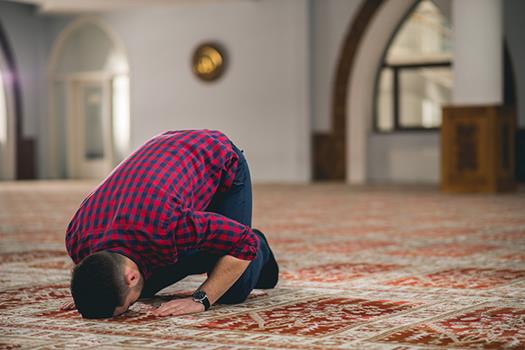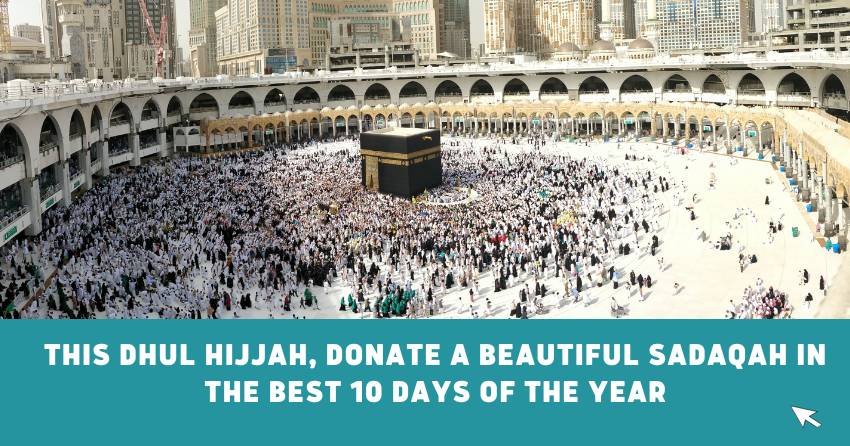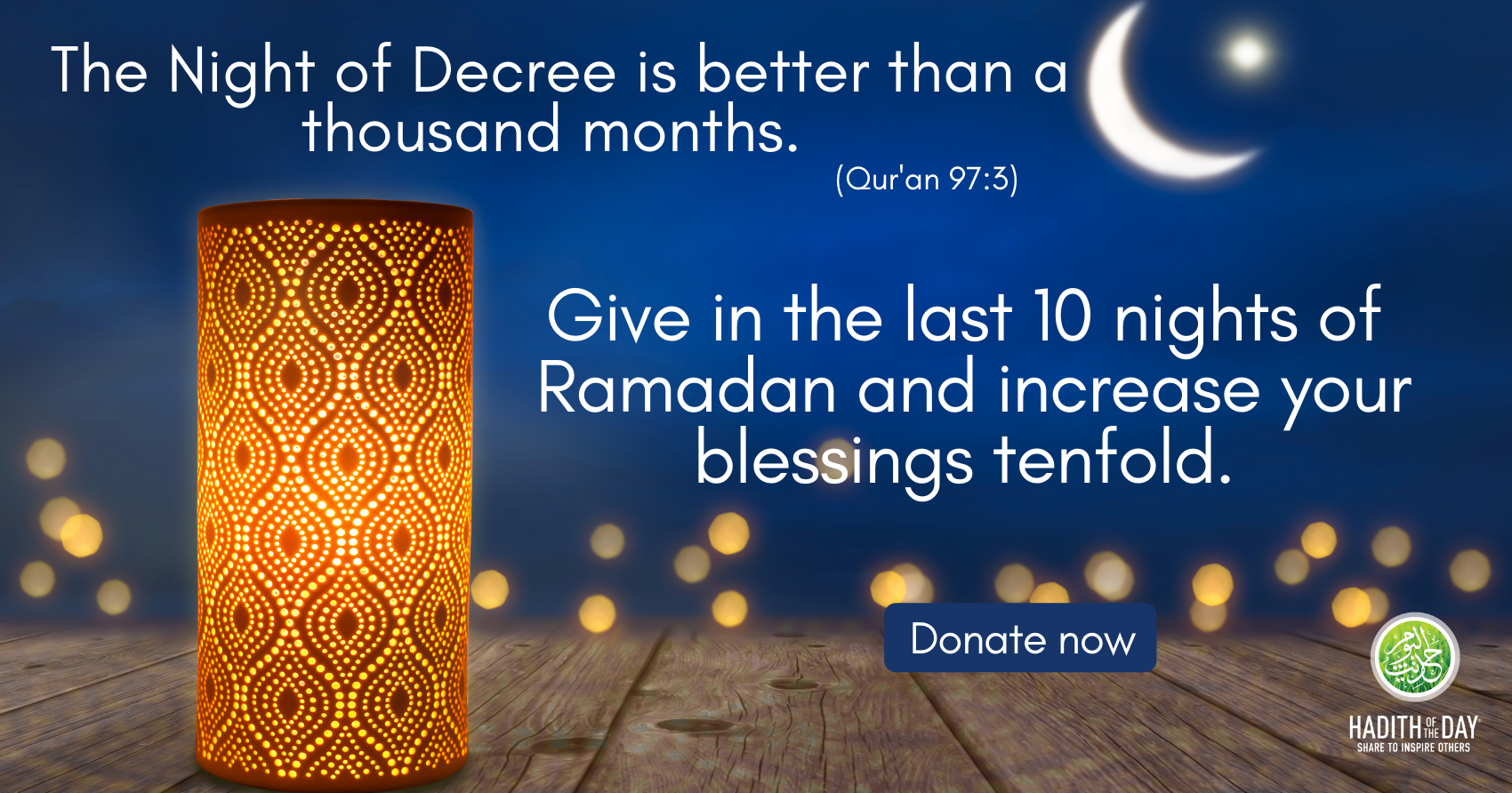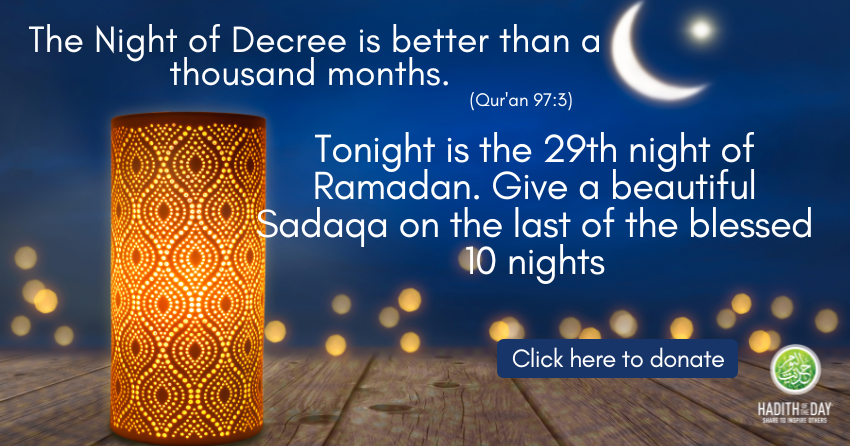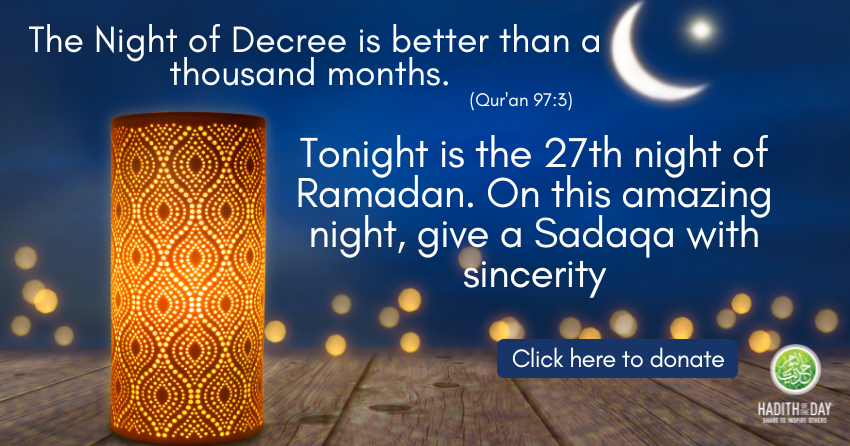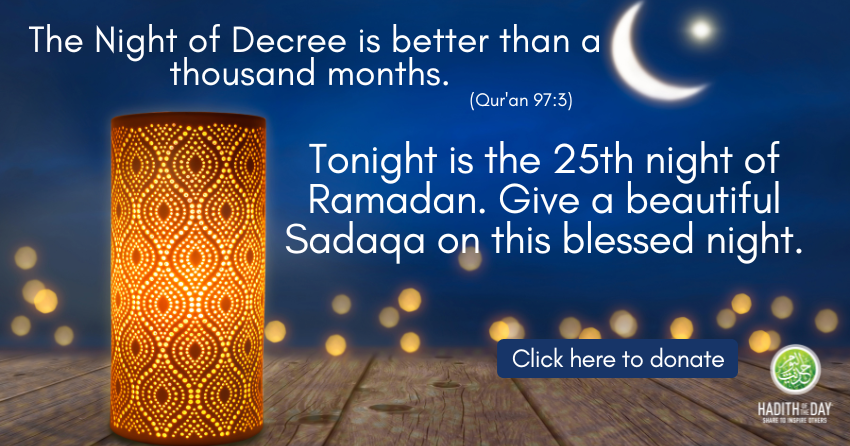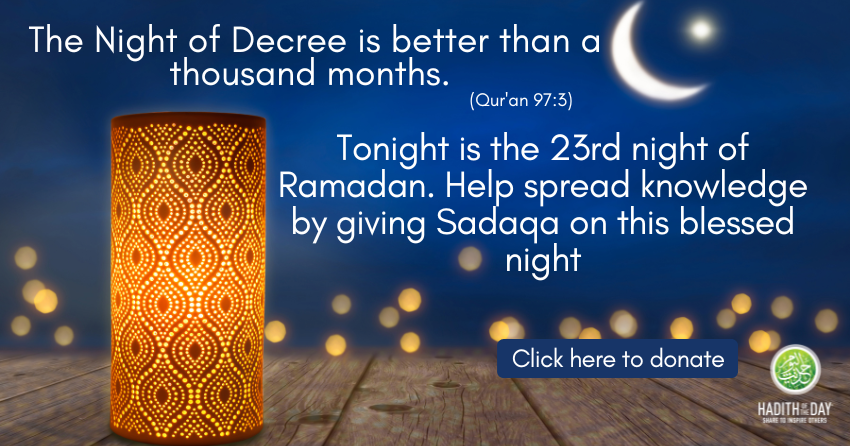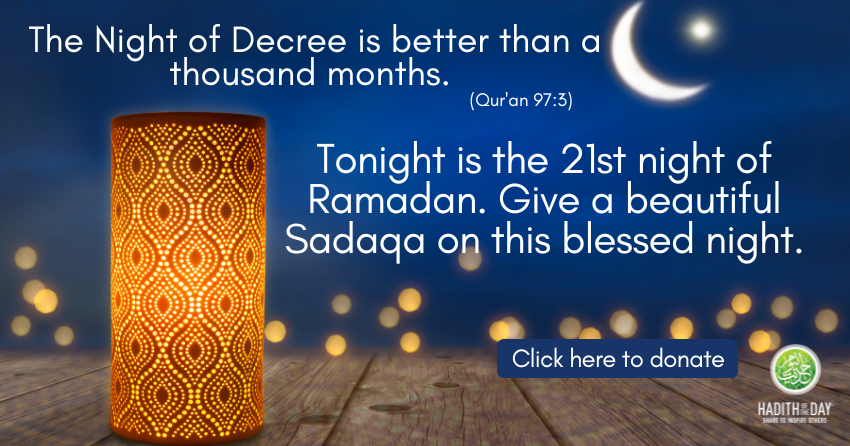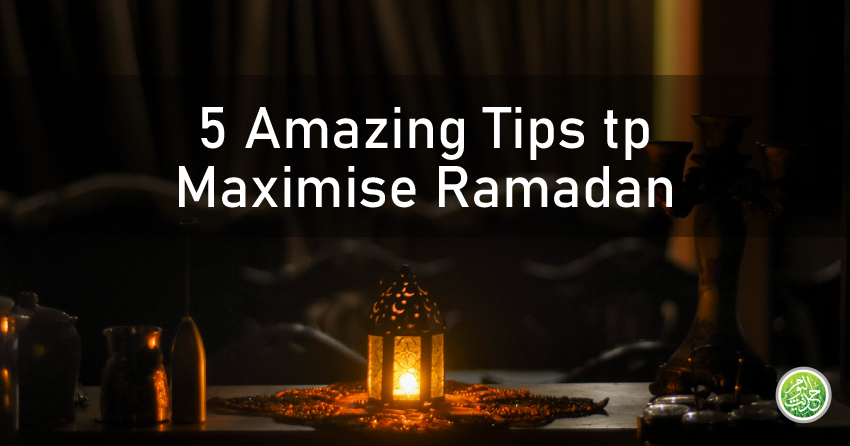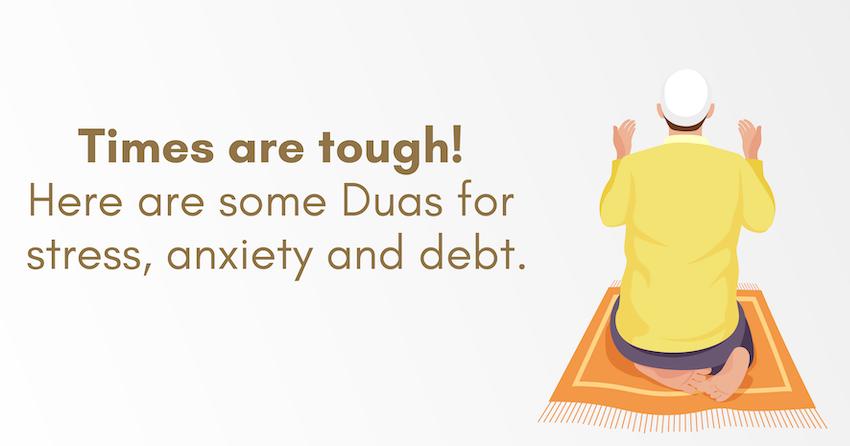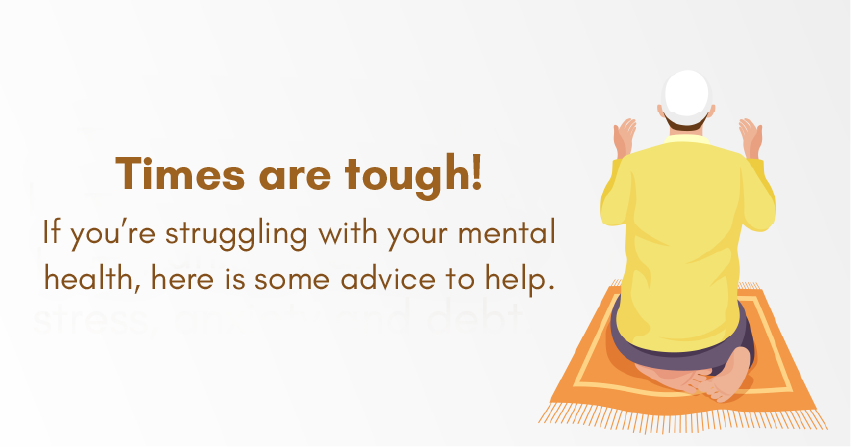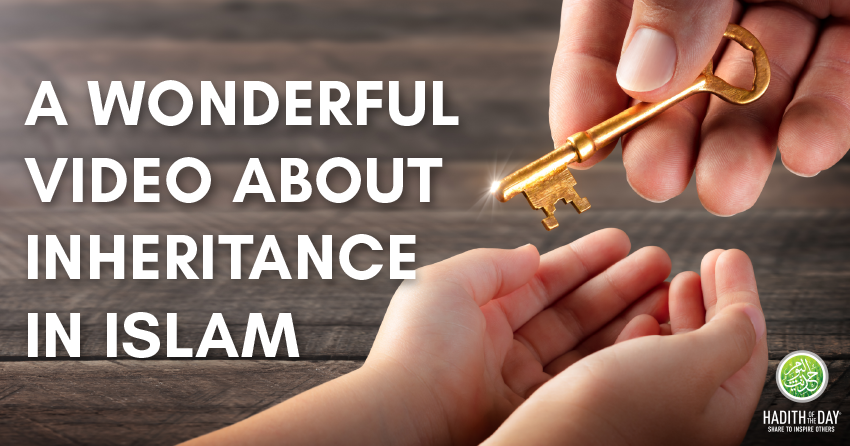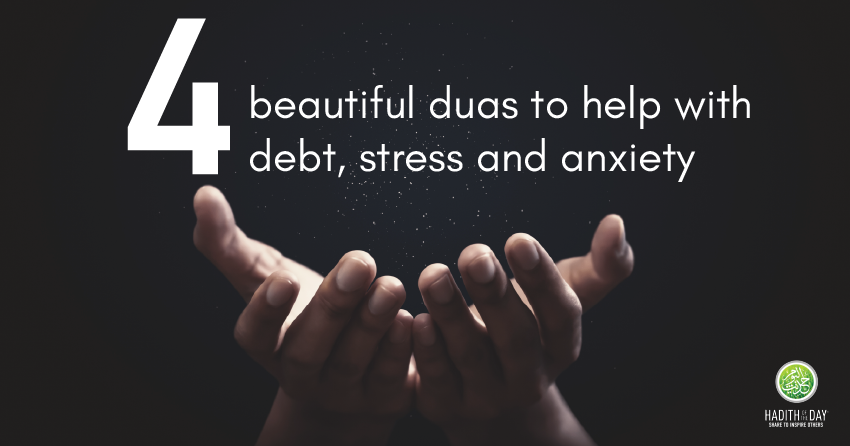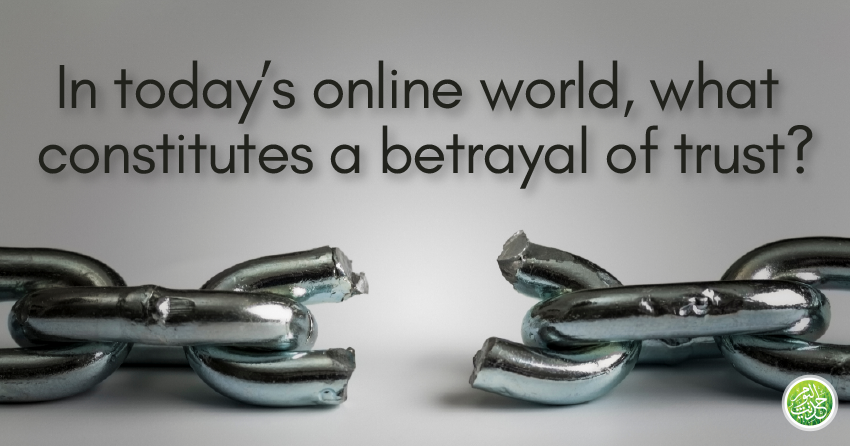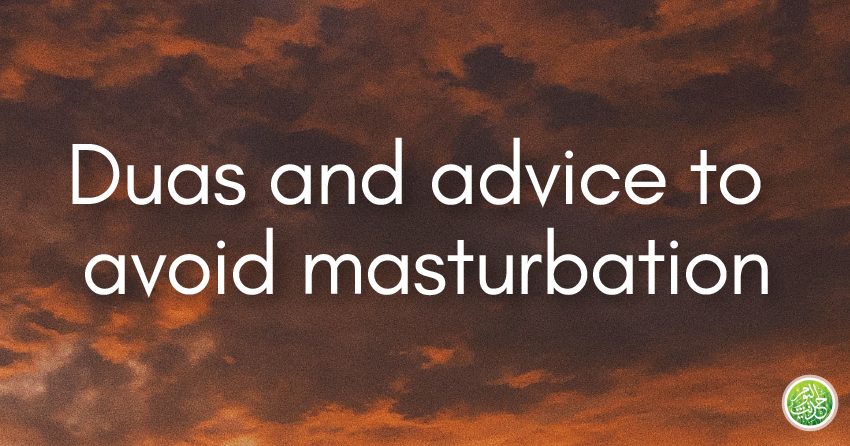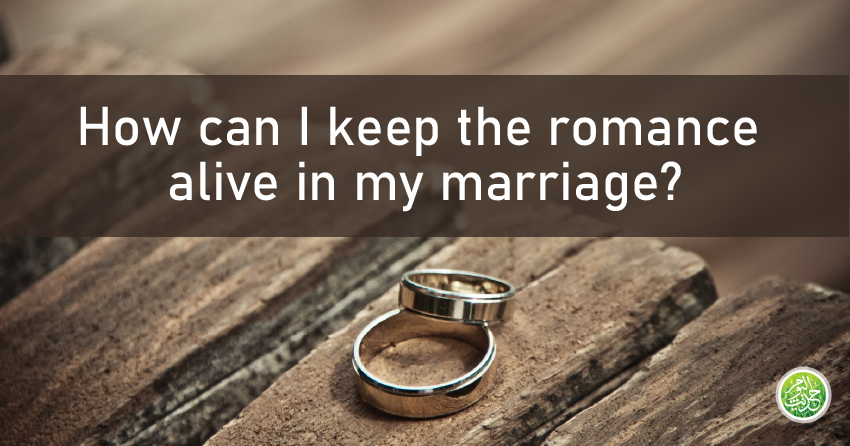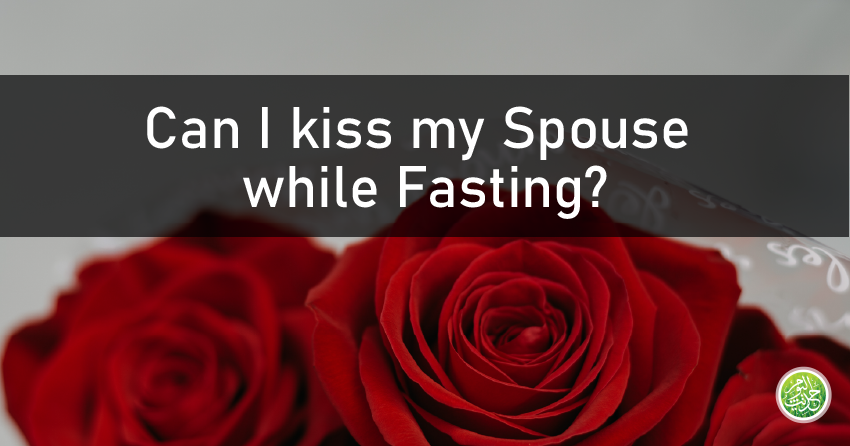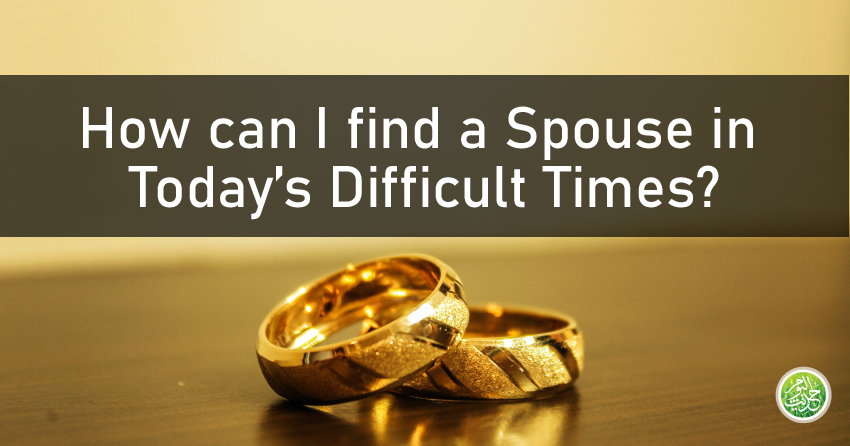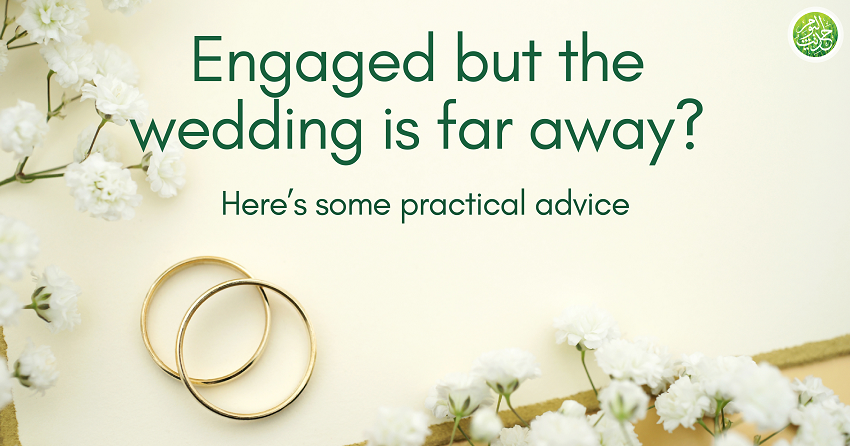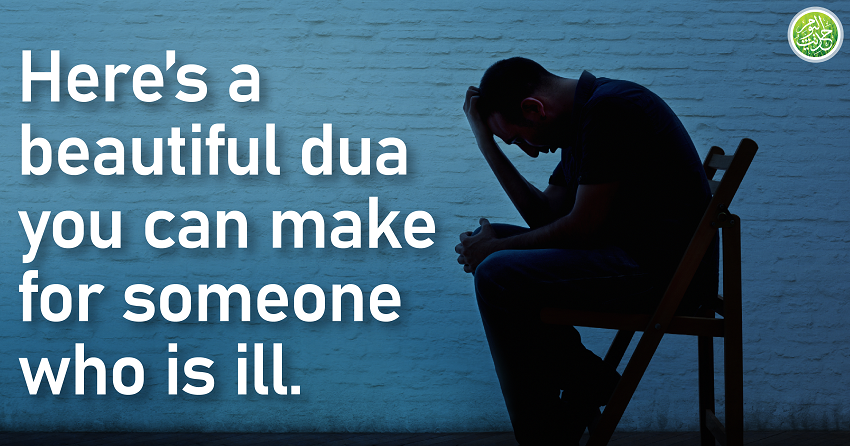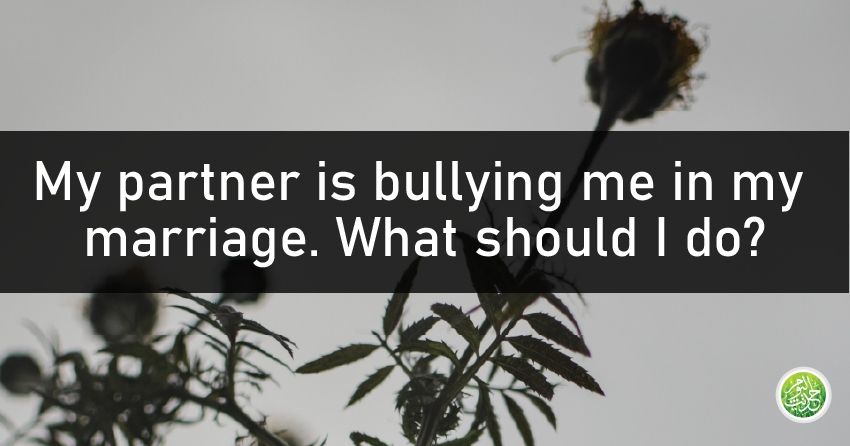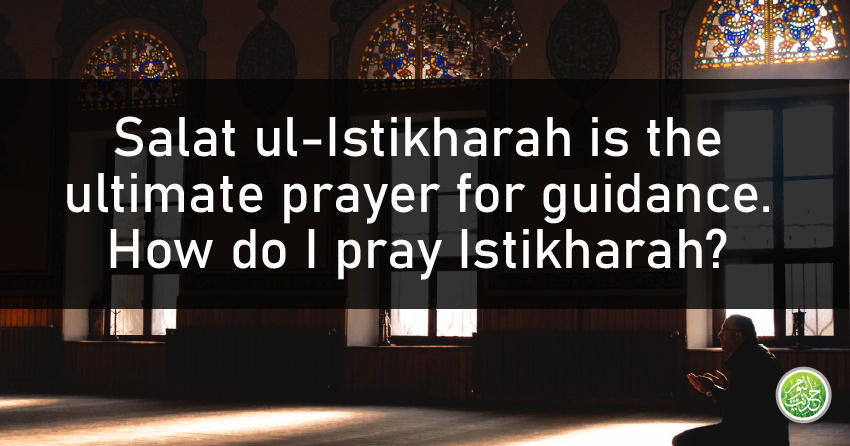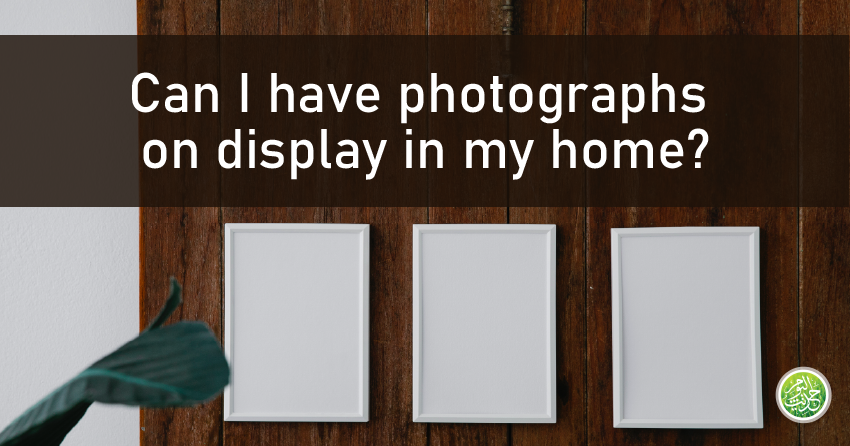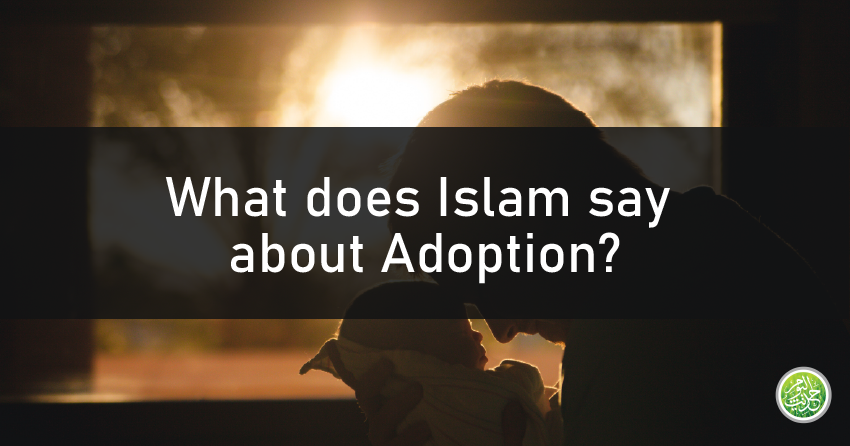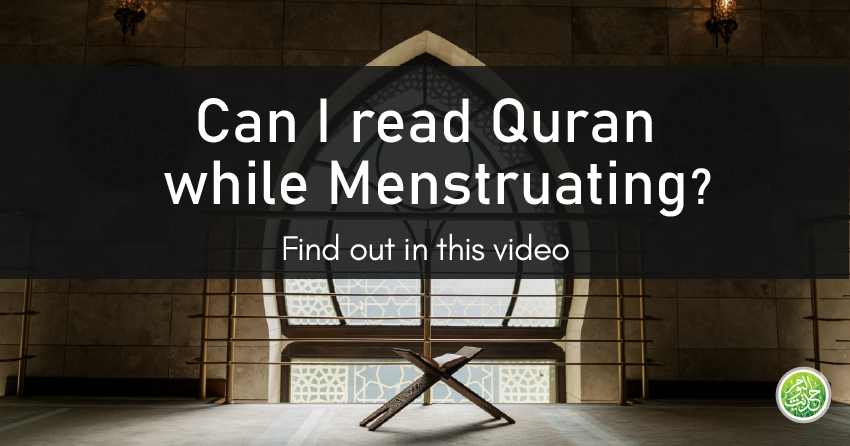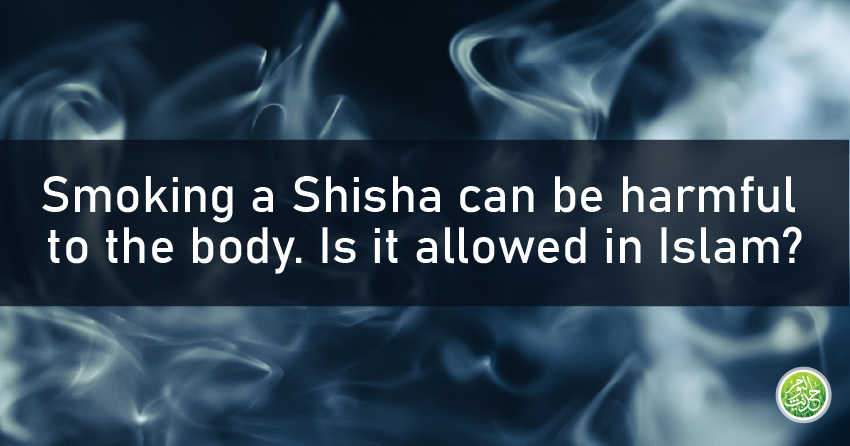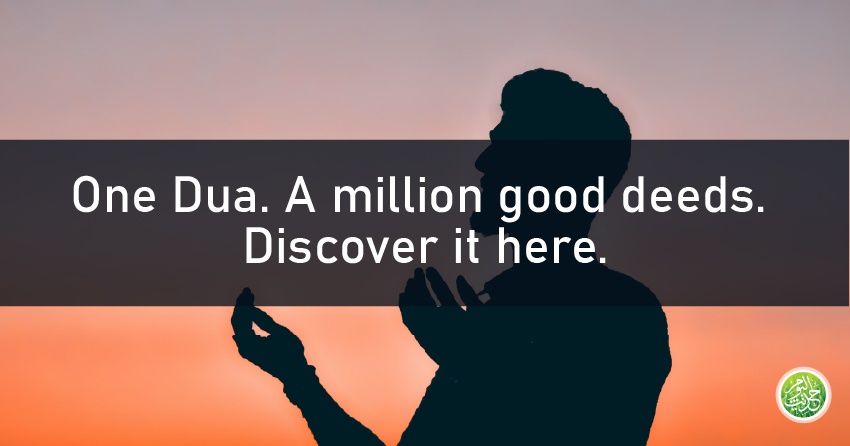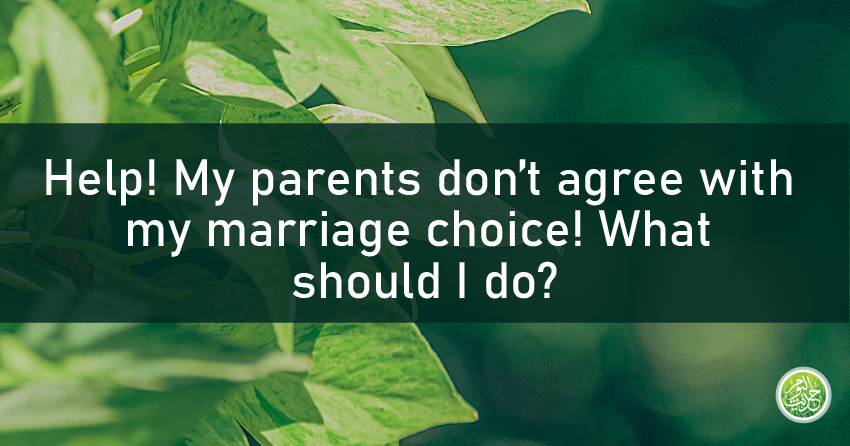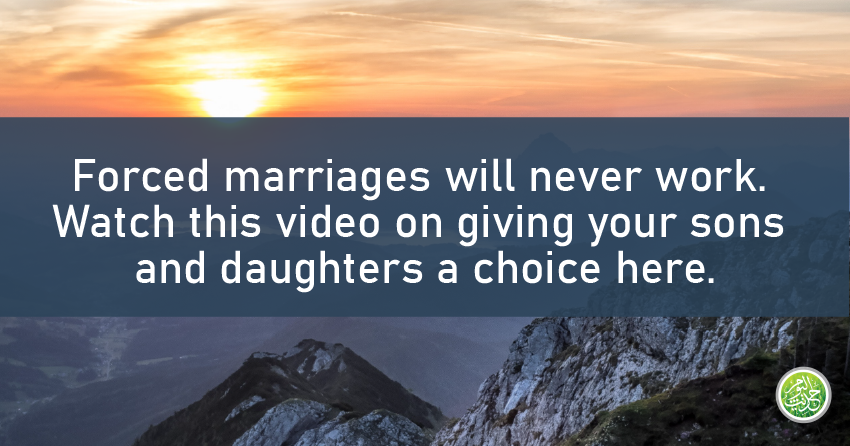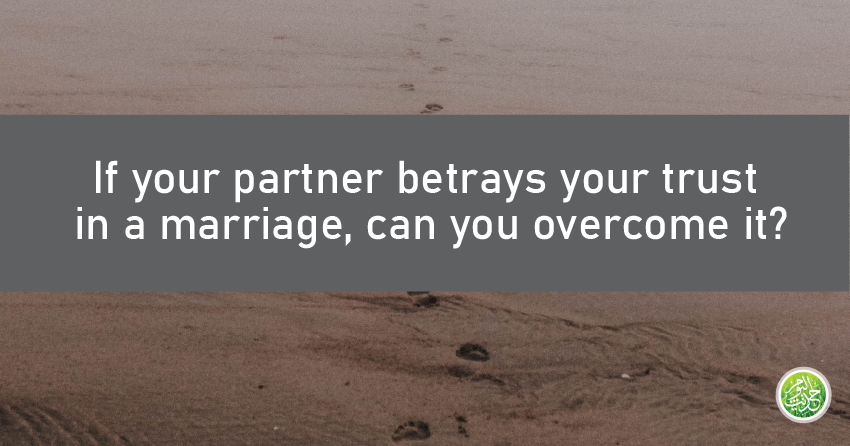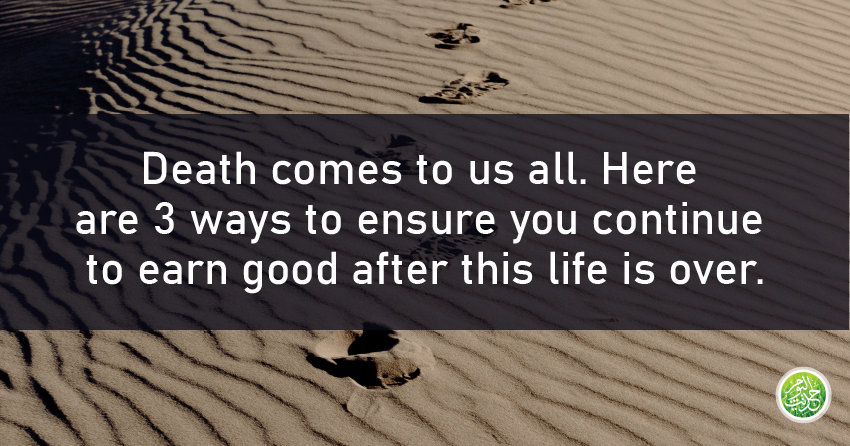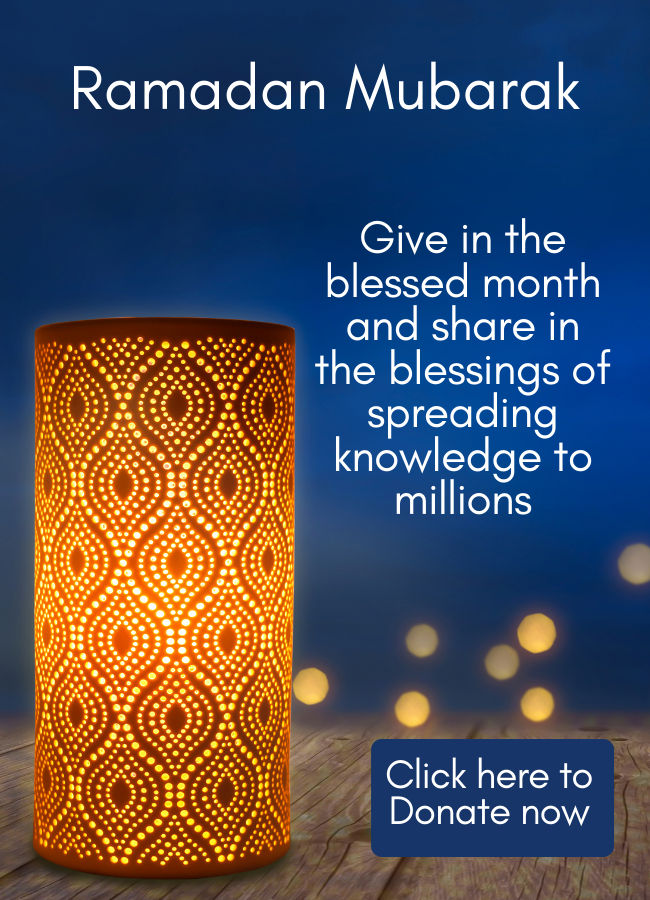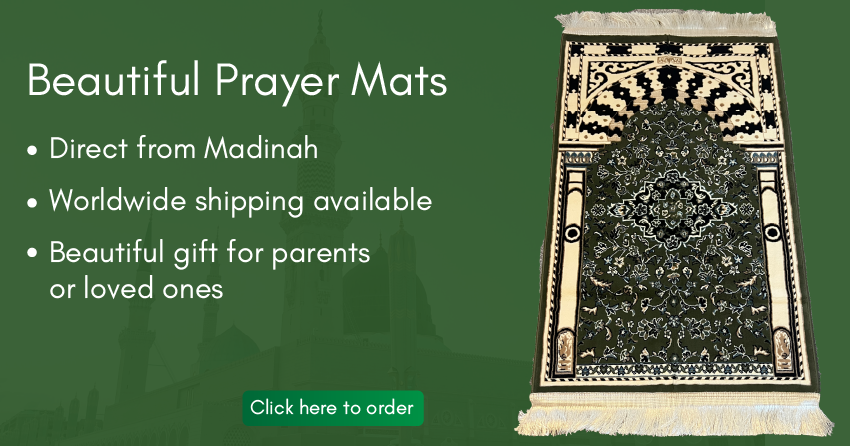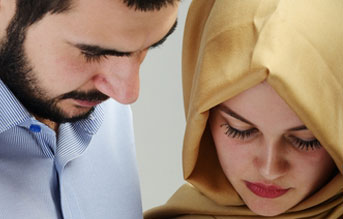
As we know, Islam provides a few guidelines on dress code for both men and women. They are designed to promote modesty while still allowing a functioning and healthy society. I’ve heard and read a number of stories and have observed the attitudes of many brothers: that Islamic guidelines for women’s clothing and modesty exist largely for the purpose of protecting men from fitnah (trial, spiritual test, calamity). If a Muslim woman does not dress in a way they deem appropriate in their vicinity, some people will denigrate them for dressing or acting un-Islamically and being a fitnah for them. Some of these comments highlight an understanding that is divorced from healthy Islamic principles:
“Oh man, these girls are a fitnah!”
“If a guy looks at you more than once, you aren’t covering properly.”
“If a guy likes you, then you are a fitnah in the community.”
“If you’re causing fitnah at school, it is better for you to leave the school.”
“Cover properly, so that you aren’t a trial for the guys!”
Such comments strike at the insecurities, religious aspirations, and self-esteem of our sisters in a way Islam never ever meant. This environment can only result in a few endings. One, a person will decide that she wants nothing to do with a practicing version of Islam and will leave practicing circles, deciding to strike her own path. Why would anyone want to be in a judgmental environment? Second, she may buy into this version of “Islam” and develop insecurities and issues that a natural, Prophetically-guided, scholarly approach to Islam would never allow.
In Islam, hijab is not demanded of women by men. Hijab and modesty is ordered upon women by the Merciful Ever-Living, Ever-Watchful God, as a protection and a barrier. A means of interacting in society while holding the line against anyone who would seek to harass, hit on, annoy, or irritate them. It is an outward symbol of an inward spiritual reality and aspiration. It is not a political flag for anyone or a sign of women’s subjugation to men, it is not a litmus test for religiosity, and it is not a measure of a woman’s piety, family background, or sign of her upbringing.
It is one act, a result of one of God’s commands. Everyone tries to obey Him, all of us fall short. As one of the `ulama (scholars) in Chicago once taught: “A person’s public sin is no worse than your private sin.”
The attitude that hijab and Islamic dress codes exist to protect men are an utter and total fallacy. How do we know that? Let us approach the Book of Allah subhanahu wa ta`ala (exalted is He):
“O Prophet, tell your wives and your daughters and the women of the believers to bring down over themselves [part] of their outer garments. That is more suitable that they will be known and not be abused. And ever is Allah Forgiving and Merciful.” (Qur’an 33:59)
This verse comes with the cause or ‘illa behind the commandment: “so that they may be known and not abused.” Notice that the verse does not come with any mention of men. This is about the protection of women’s physical safety and presence from men, not the protection of men’s spiritual state from women. The fact that this protection may occur is a benefit of the Hijab for the community, not its purpose. From this, we can take four points that are critical to a healthy Islamic understanding of hijab.
- Hijab is not there to protect men. If you think it is there to protect you as a man, we have turned an act to be done for Allah (swt), into an act to be done for us. It is there to protect women, so do not pervert the purpose of this command of God (swt). There is no doubt that we come across immodesty on TV, at school, work, and all over. We should not use the fact that a sister is dressed in a way that does not fit God’s commandments (or our personal interpretation of God’s commandments) into a reason for having bad manners, a lack of respect, and a lack of humility.
For brothers, we should lower our gazes and move on. We don’t need to comment about how this is such a fitnah or loudly say, “Astaghfirullah (I seek refuge in God),” so our boys can hear us and see how “pious” we are.
For sisters, if you want to advise someone about hijab, ask yourself, am I advising because it makes me feel pious? Or am I advising because I care about this person and want to be a good friend and sister in calling her towards the pleasure of Allah (swt)? Most of the sisters who decide to wear the hijab in adulthood don’t do it because someone yelled at them or taunted them. They do it because they were able to recognize its beauty after spending time with people who wore it with dignity and showed modesty not just in their clothing, but also in their character.
- Men should frame the issue of the fitnah of women in their environment as a factor of their own closeness to God. We know the society we live in and the schools we go to. That was never a surprise. Taqwa (God consciousness) is the key protecting us, so focus on that.
There are so many gender-relations talks and seminars in Muslim communities that it almost baffles the outsider. How can a group of people who claim to have the guidance and the path to Paradise laid out for them by the Best of Mankind ﷺ (peace be upon him), have trouble understanding the basics of how to interact with one another professionally and with respect?
The issue of struggling with the base desires, as mentioned in Imam al-Ghazali’s book, “Breaking the Two Desires,” is one that is closely tied to one’s relationship with God. The soul is something that was created by God, and in order to get it to grow and defeat the base desires of the body, it must be fed. As Shah Walilullah wrote, something that is created out of the spiritual world, cannot be fed with the material of the physical world. If we want to curtail the desires of our body (for sex, comfort, food), and increase the spiritual discipline and awareness of God in our own souls, the key is developing a relationship and connection to the Book of God, the houses of God, the people of God, and the remembrance of God. Complaining about how some women in our environment do not dress appropriately and so we are having spiritual struggles is a cop out.
As many of our spiritual masters have said over the centuries, the first step in gaining nearness to God, is to understand that one must blame his or her own soul, and acknowledge his or her own deficiencies, before seeking the One who is Free From Deficiencies. This is put into action through tawbah – turning towards God in repentance.
- Hijab is about the Fiqh (Law) for Women, not the Tazkiyyah (Spiritual Purification) of Men
We should make no mistake. The legal opinion of normative Islam, from the time of the Prophet ﷺ till today, is undivided in the view that women should cover their hair and dress modestly in the presence of non-familial men. The scholars are also undivided in the fact that you and I should not yell at our parents, swear at the weather, treat people harshly, drink alcohol, miss prayers, speak meanly to others, backbite, or judge other human beings without knowing their situations.
Muslim men should focus on their spirituality through good company, prayer, and all the other practices we are ordered to do, while allowing this to remain an issue’s of women’s fiqh (law), and not of men’s spirituality.
Because of the judgmental comments and harshness, and sometimes, sly, torpedo-in-the-water comments directed towards our sisters, many imams, da`ees (people who call others to Islam), teachers, and well-meaning advisors have trouble approaching the topic of hijab. Anyone even discussing it is often painted with the paintbrush that he is “judgmental.” This occurs even when the da`ee or teacher is doing so in the best of manners and with sound knowledge. This fault is on all involved of course – those of us responsible for spreading an environment of harshness, and those responsible for judging all religiously-oriented figures as being harsh and difficult to deal with.
The bad manners of some of us in “enjoining good” have made it impossible for our teachers and people of knowledge to enjoin it correctly, as people paint all of those who open their mouth on this and other issues with the same brush. This allows those who actually try to claim that the hijab is not a part of Islam to have their ignorance heard, while keeping the knowledgeable scholars from having their knowledge spread.
- Men should advise the women of their family and encourage them on this topic in a way that befits the Prophetic character.
No one should take this to mean that hijab is not an important part of a Muslim’s woman’s obligations towards God. But that is the key. Towards God. Hijab should not become inflated as a symbol that boosts the religious standing of a woman’s family, nor a flag of political Islam, nor a tool to show off her piety, nor a cloth of guilt that makes her hate it.
It is instead, a command from God that comes in the most beautiful manner, for her own protection, her own elevation, and her own dignity.
Conclusion
As a closing note, we should remember that if we are doing something that is good, and are enabled to do it – we should not cast off that good deed just because we may have suddenly realized that our original intention was not solely for the sake of Allah (swt). Even if we are wearing the hijab, praying regularly, speaking well, giving charity, or doing any other good deed and originally began it with an intention that wasn’t healthy or focused on Allah (swt), we should not let Shaytaan (the Devil) trick us into ceasing the good deed. Instead, we can turn towards our Lord, ask him to purify our intention, and dedicate our deed towards Him.
This is a religion that is about community. As our Lord states in Surat al Hujurat (The Chapter of the Rooms, Qur’an 49), we are nothing but brothers and sisters to each other. We should advise each other towards good, but do it with a sound understanding of the legal basis of what we are calling to, as well as a sound understanding of the manners that befit our message.
Proudly brought to you by Virtual Mosque, more can be found here.
Since You’re Here… we have a small favour to ask.
In these extraordinary times, millions rely on HOTD for daily uplifting & inspiring content. Established since 2009 and with your kind support we’ve seen readers elevate their Imaan & strive for better on a daily basis. We’re committed to keeping our content freely available and open for all readers. Every contribution, however big or small, makes a difference and help us spread knowledge to millions daily
HOTD is something special, it’s a place where people can come to be inspired, to renew their faith, to learn and share knowledge, to fall in love with our faith and also our Prophet (peace and blessings be upon him and his family).
All content on HOTD is free. We believe what we do in this life builds for the next one and we work tirelessly with the aim to please Allah and inspire the global Muslim community as
well as providing information and inspiration for anyone interested in Islam. We simply cannot do this without your support and your support helps us continue our services.
If there were ever a time to join us, it is now. You can support HOTD and help sustain our future. Support Hadith of the Day and make a one-off donation or give regularly from as little as £10 a month Jazak’Allah Khayr – whatever you donate will come back to benefit you Insha’Allah as whatever is spent in the way of Allah is an investment in the future and the next life. Thank you.





